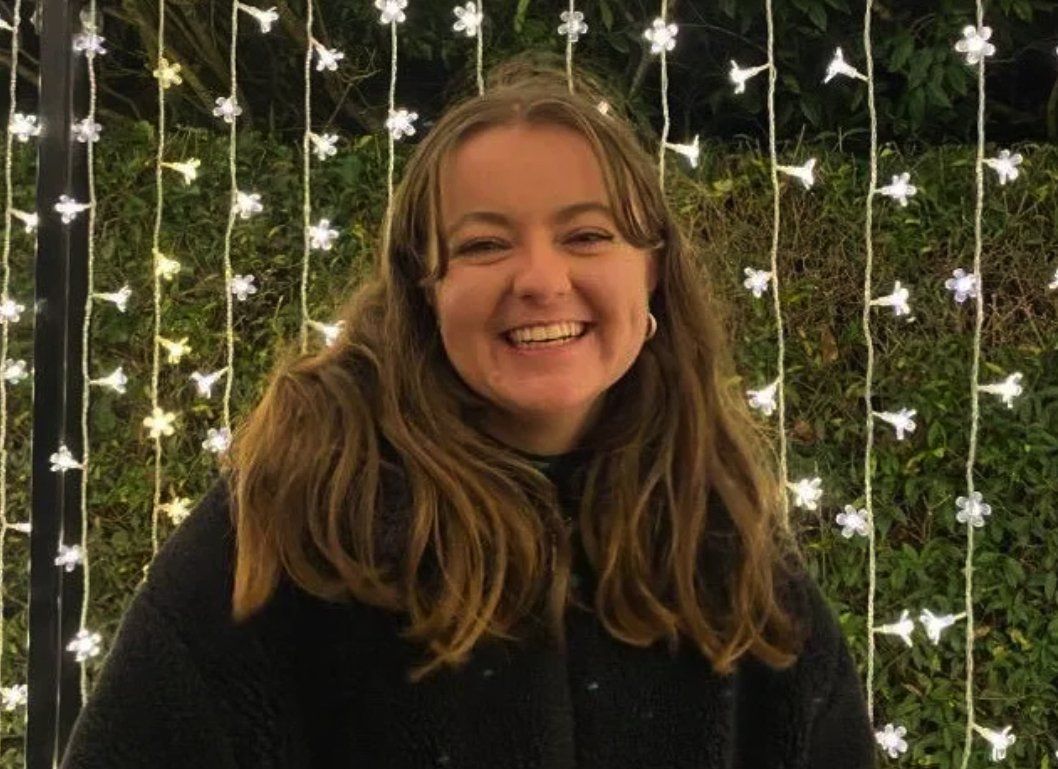Meet the team, Sophia Hague
I am Sophia, and I have just graduated from UEA with my Masters in Climate Change and International Development. I decided to do my placement with the Steve Sinnott Foundation because of my interest in the intersecting identities which impede on access to education and experiences within the education system. I am very excited to contribute towards a charity striving for inclusive and equitable quality education and to fulfil my passion for social justice. Education is a vital tool for sustainable development; what is learnt today will shape tomorrow’s future! An educational transformation is needed to beat the impeding climate disaster.

What empowers people to make good choices for the environment?
Having an environmental consciousness must start somewhere…education. What we learn at a young age affects our later thoughts and actions, whilst simultaneously filtering through our relationship with others and thus impacting our family or friends’ actions too. If the intrinsic value of nature is emphasised at a young age in school, people will maintain these values in later life and good choices for the environment will surmount.
What is the real relationship between the division of wealth and resources, and climate change?
As reported by the IPCC, it is those who are the most vulnerable who will experience the greatest burden of climate change impacts. Vulnerability is the degree to which a system is unable to cope with the adverse effects of climate change. Those who are already disadvantaged in terms of their wealth status are affected disproportionately because their capacities to adapt are weakened. Those with a lower wealth status have less access to basic services and good infrastructure and thus are less able to withstand any climate change shocks, whether that be in terms of their physical or social wellbeing. This impact of wealth status also intersects with other forms of social identity, such as gender and ethnicity, and has consequential exacerbated impacts in terms of environmental justice and social equity.
How does education affect the distribution of wealth?
Education impacts on the distribution of wealth and can contribute towards entrenched social inequalities. Those who are already privileged by their wealth status can use this to their ability and thrive even more within the education system and consequently, wealth disparities will widen. For example, wealthier families are more likely to be able to afford the resources and fees associated with extra tuition, books, school trips, or private education, which feeds into greater knowledge and critical understanding and thus higher grades. Higher grades then equate to better paid jobs and the cycle persists.
How will education for all have a positive effect on the environment?
Good quality education for all has the potential for a very positive effect on the environment. By instilling education for sustainable development as part of goal 4 of the Sustainable Development Goals, students learn about the interconnected global challenges of the present and future whilst focussing on human rights, gender equality, peace, global citizenship and cultural diversity – all components needed to increase one’s capacity to address environmental and development issues. If students are physically exposed to wildlife reserves, different cultures and real-life case studies, environmental and ethical awareness will increase. Combined with the critical ability skills gained in education, students can use their voice to strive for and create the change needed from those higher in power.
Moreover, education which is embedded within a whole school approach to sustainability would majorly benefit the environment. A whole school approach incorporates sustainability into all aspects of school life, across all students, educators, administrators and communities. School governance would be supported by people of all entities and backgrounds, ranging from students and parents to community residents and neighbouring schools/businesses. In this way many community partnerships will arise and encourage innovation and creativity on a small scale which can then be presented more broadly to local councils. In terms of teaching and learning, teachers beyond the typical subject areas of science and geography would be mobilised in climate change to integrate this into their own subject areas. Additionally, those knowledges and teaching methodologies which have been hidden or marginalised will be reclaimed so a wider range of voices and perspectives are reclaimed, and new ways of understanding are opened. And finally, education for all with a whole school approach to sustainability would have all climate friendly facilities and operations which would save energy and waste. This could then encourage students and staff to continue these waste saving behaviours outside of the school too.
Education and the environment
So, overall, there are numerous links between education and the future of our planet. Education creates the tools necessary to firstly increase our environmental awareness, and then to increase our ability to implement the necessary steps needed for environmental up-keeping. There needs to be a transformative change to the education system for this to occur. The curriculum needs to be reorientated and a new pedagogy is needed which establishes the relationship between human beings and nature so that we can appreciate all cultures and all methods of knowing so ultimately no one is excluded and so nature is valued intrinsically. This would all halt the inequalities entrenched within the education system and foster an alternative growth system value not based on the exploitation of the environment. Through all of this, a more harmonious connection to others and nature can precede.




